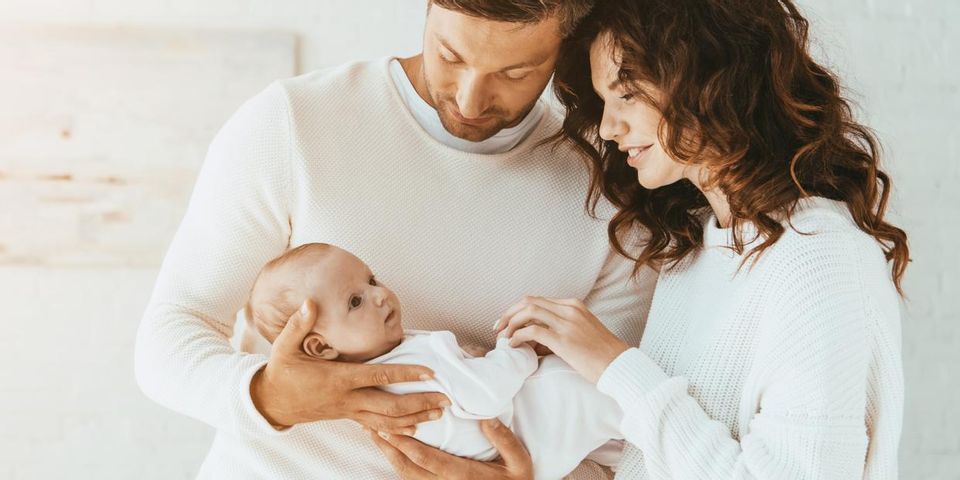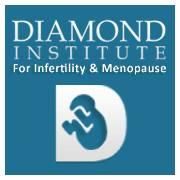4 FAQ About Egg Donations

There are many reasons why someone would consider undergoing the egg donation process. From helping a close loved one expand their family to helping a stranger conceive a child, donating eggs is a beautiful gesture. If you’re considering this option, below are a few frequently asked questions about the process and what to expect.
4 Common Questions About Egg Donations
Why would someone donate their eggs?
Some women aren’t able to produce fertile eggs. This can happen from old age, early menopause, damaged ovaries from cancer treatment, and poor quality eggs. To help these women conceive and expand their family, healthy participants can donate their eggs in a safe facility.
Additionally, if a close loved one is unable to conceive, a healthy, fertile woman may donate her eggs to help the friend or family member expand her family. Many women donate their eggs to same-sex couples to help them conceive as well.
What is the egg donation process like?
 A doctor will administer medications to temporarily halt normal ovary function. Then, stimulatory hormones are given to mature more than one egg at a time. Throughout a series of about 10 appointments with your doctor over a two-week period, you will be advised to take medication, provide blood samples, and get vaginal ultrasounds to make sure you’re on track regarding your treatment.
A doctor will administer medications to temporarily halt normal ovary function. Then, stimulatory hormones are given to mature more than one egg at a time. Throughout a series of about 10 appointments with your doctor over a two-week period, you will be advised to take medication, provide blood samples, and get vaginal ultrasounds to make sure you’re on track regarding your treatment.
Then, the egg retrieval is conducted through the vagina, which is given an intravenous general anesthetic. You will need to have someone drive you home after the procedure and take a day to recover.
What criteria must the donor meet?
The donor must be 35 years of age or younger with normal ovarian reserve testing. You will participate in a few screening appointments with a psychologist and genetic counselor to make sure you’re a good match for the treatment. Once completed, you’ll need to complete a physical exam by a doctor which includes testing for infectious diseases, receiving a psych evaluation, doing blood tests, urine drug screening and answering questions about family history.
What happens when a couple selects your eggs?
The woman participating in egg donation has no legal responsibility for the egg. The recipient will have access to information like your blood type, ethnic background, occupation, and family medical history. They will not get personal, identifying information such as your name. If you want the egg donation to be open, you can share personal information with the recipient. However, this decision must be mutual.
If you’re considering undergoing the egg donation process, Dr. Ndidimaka Onwubalili and Dr. Matan Yemini at the Diamond Institute for Infertility & Menopause will help. Located in Millburn, NJ, this center offers egg donation services, as well as artificial insemination, in vitro fertilization, egg freezing, and gestational surrogacy. Call (973) 761-5600 to set up an appointment or visit their website to learn more about their services.
About the Business
Have a question? Ask the experts!
Send your question

